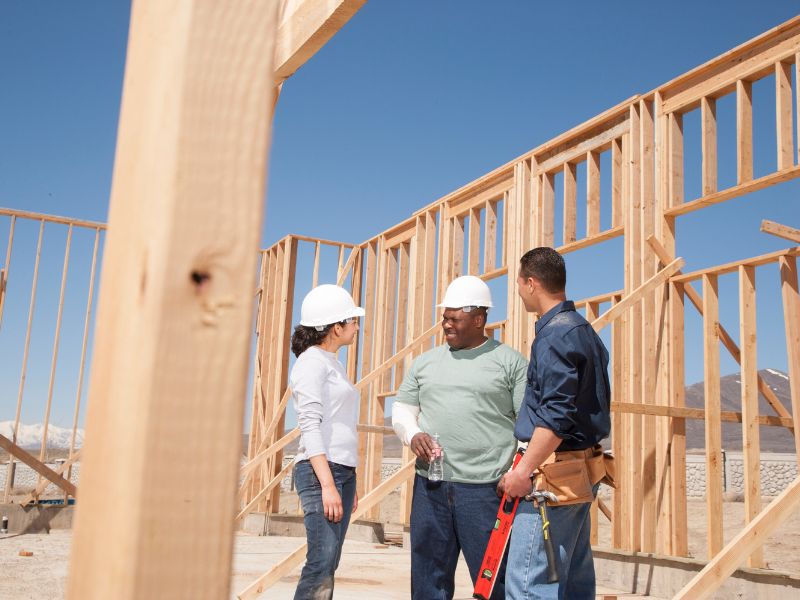The purpose of this topic is not to give legal advice of what should be in or how a construction contraction should be structured, but instead provide the general info a bank may require in the contract and items that are generally recommended to be in a construction contract.
Building a home can be both rewarding and stressful at the same time. One way to reduce stress is to have a very clear agreement with the builder you select to work with. A detailed contract that lays out all of the terms and details of the project will avoid unforeseen “miscommunication” during the project. In every case, a contract between the client and the builder is required when doing a construction loan.
There’s generally two items that a bank looks for in a construction contract – the price and the draw schedule.
Price: Depending on the type of contract you have, the price may be the total cost of the project (flat fee contract) or the fee the builder will charge (cost plus contract). The price or fee reflected in the contract should match the detailed budget costs breakdown.
Draw Schedule: When will the builder request payment? How often? The bank wants to see when the builder expects payment. At times the builder’s draw schedule may not be acceptable to a bank. For example, if a builder requests payment based on a time period rather than for work completed, a bank may request the client and builder acknowledge payment will be just for work completed.
It’s important to note that construction loans pay for work completed. Banks do not “front” funds so a builder can buy materials. Once the work is complete, the work is inspected and then paid out. The bank wants to make sure that the project is in balance in the sense that if 50% of the funds have been paid out, the project should be about 50% complete. Having too much money paid out relative to what is complete can pose a risk for the project successfully being completed.
Other items you may want addressed in the contract are:
-Projected construction schedule.
-Detailed cost breakdown including labor and materials
-Description of work to be completed.
-How any changes to the work order will be handled.
-How to resolve disputes.
-Insurance.






